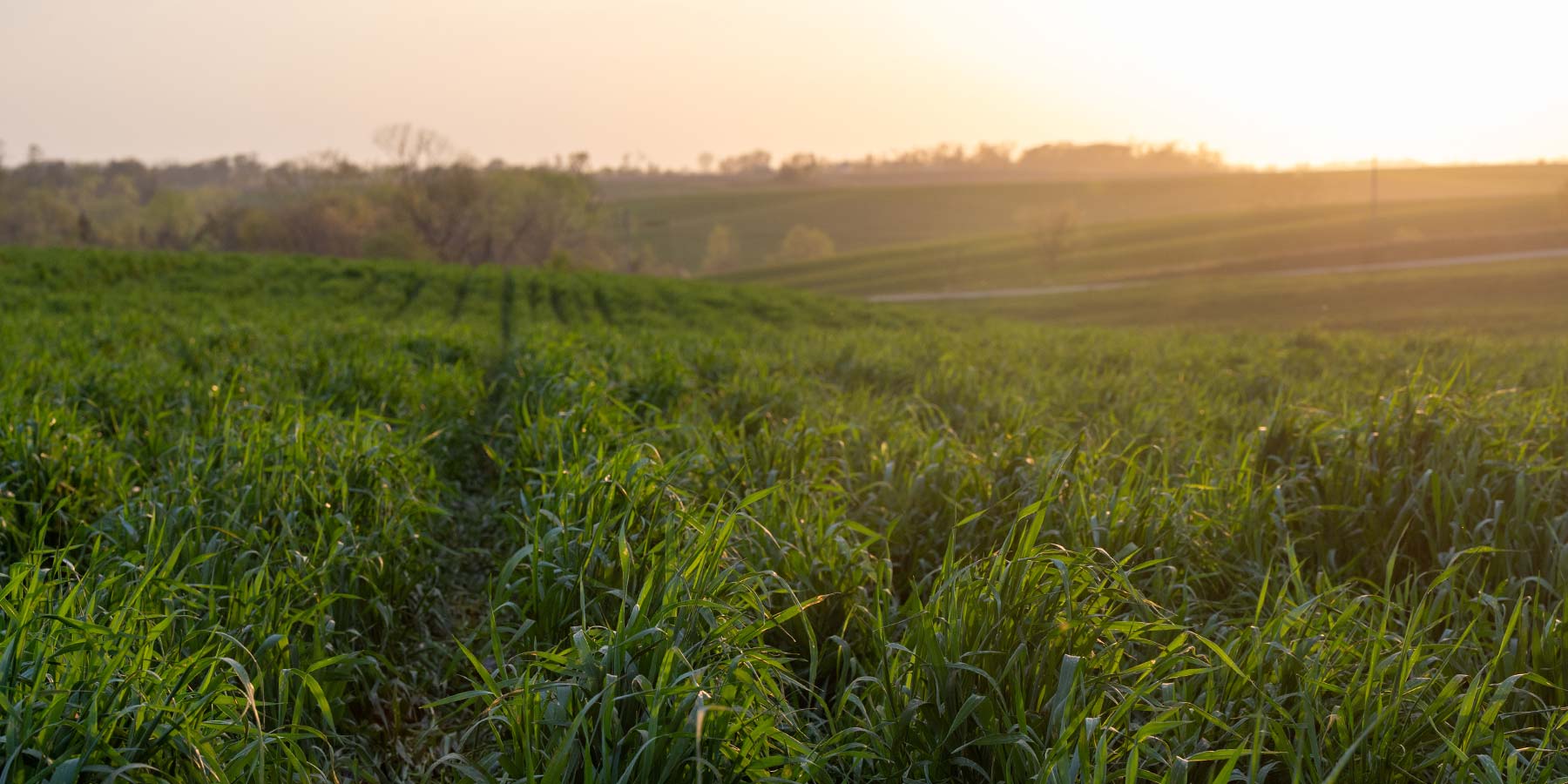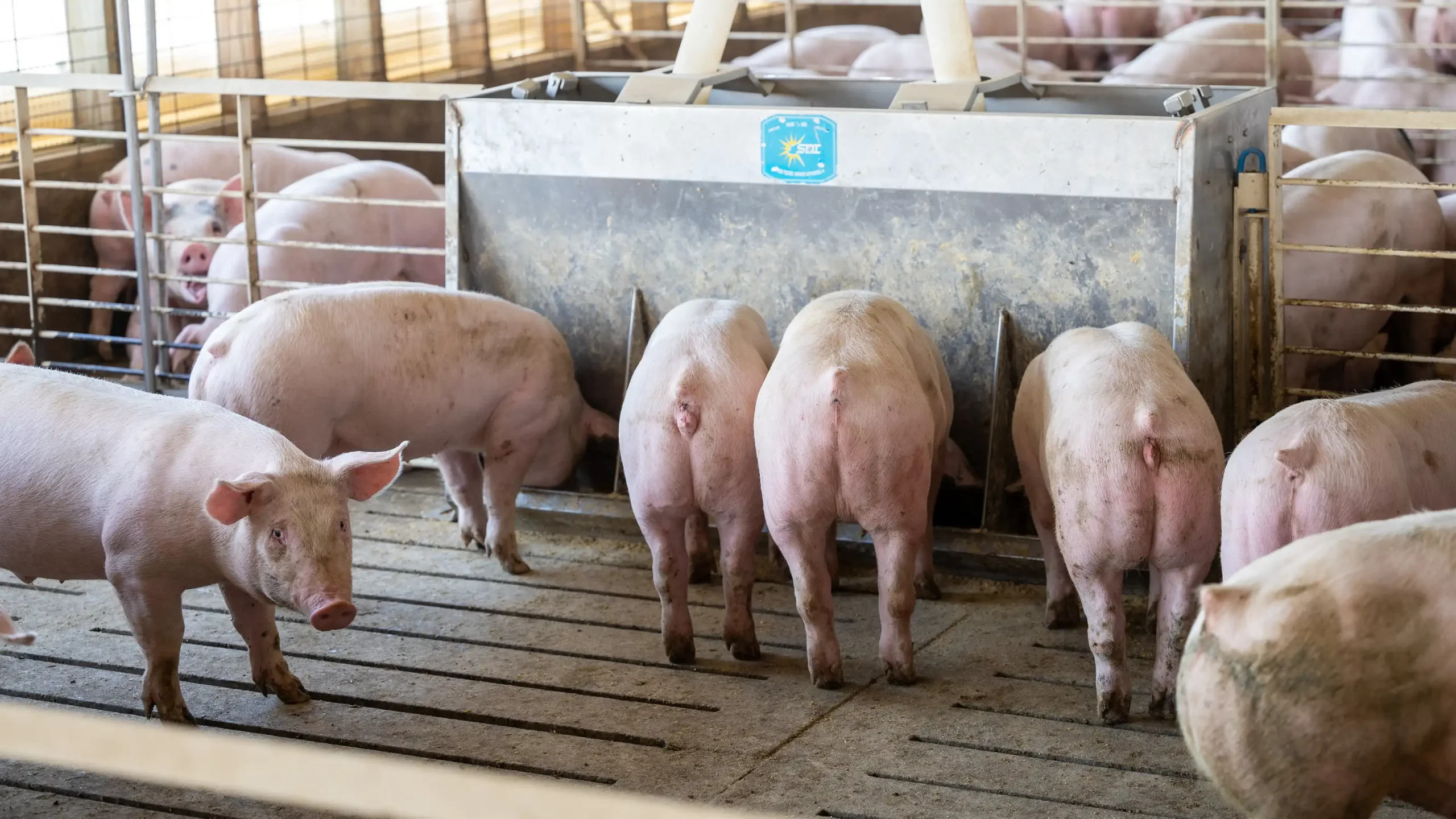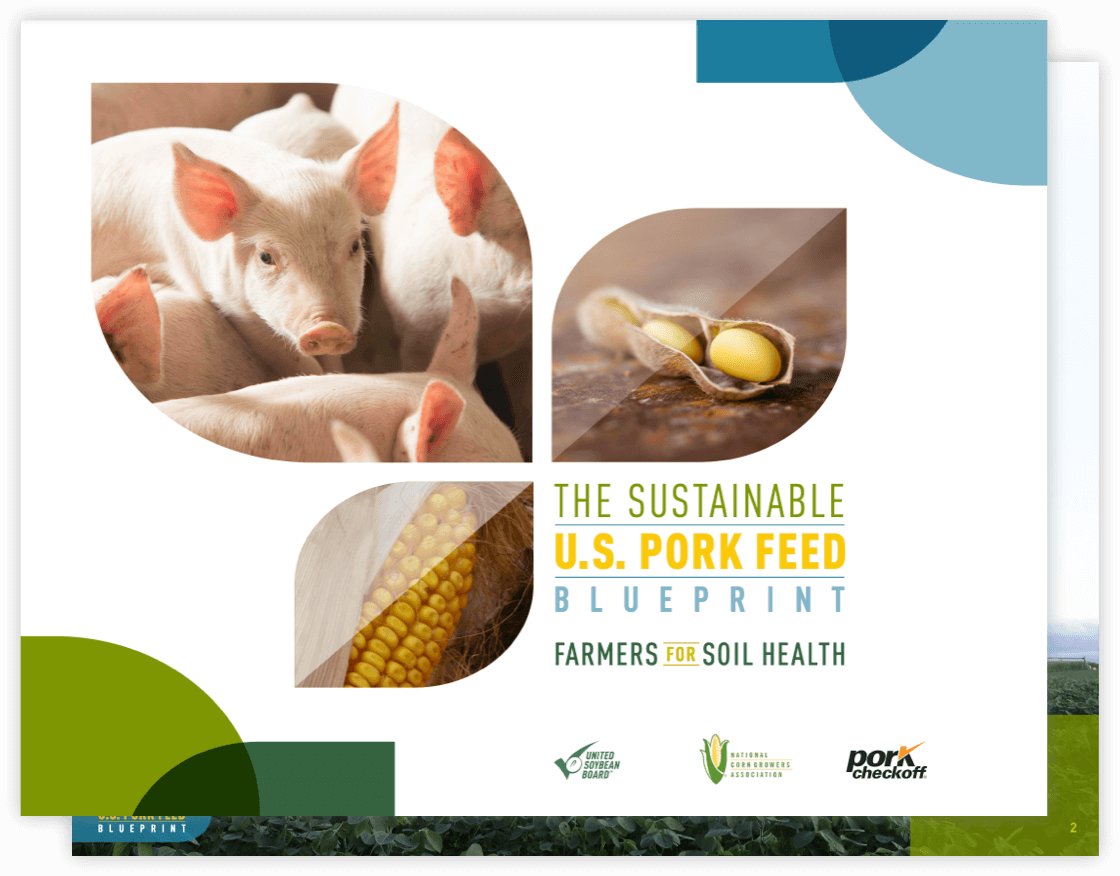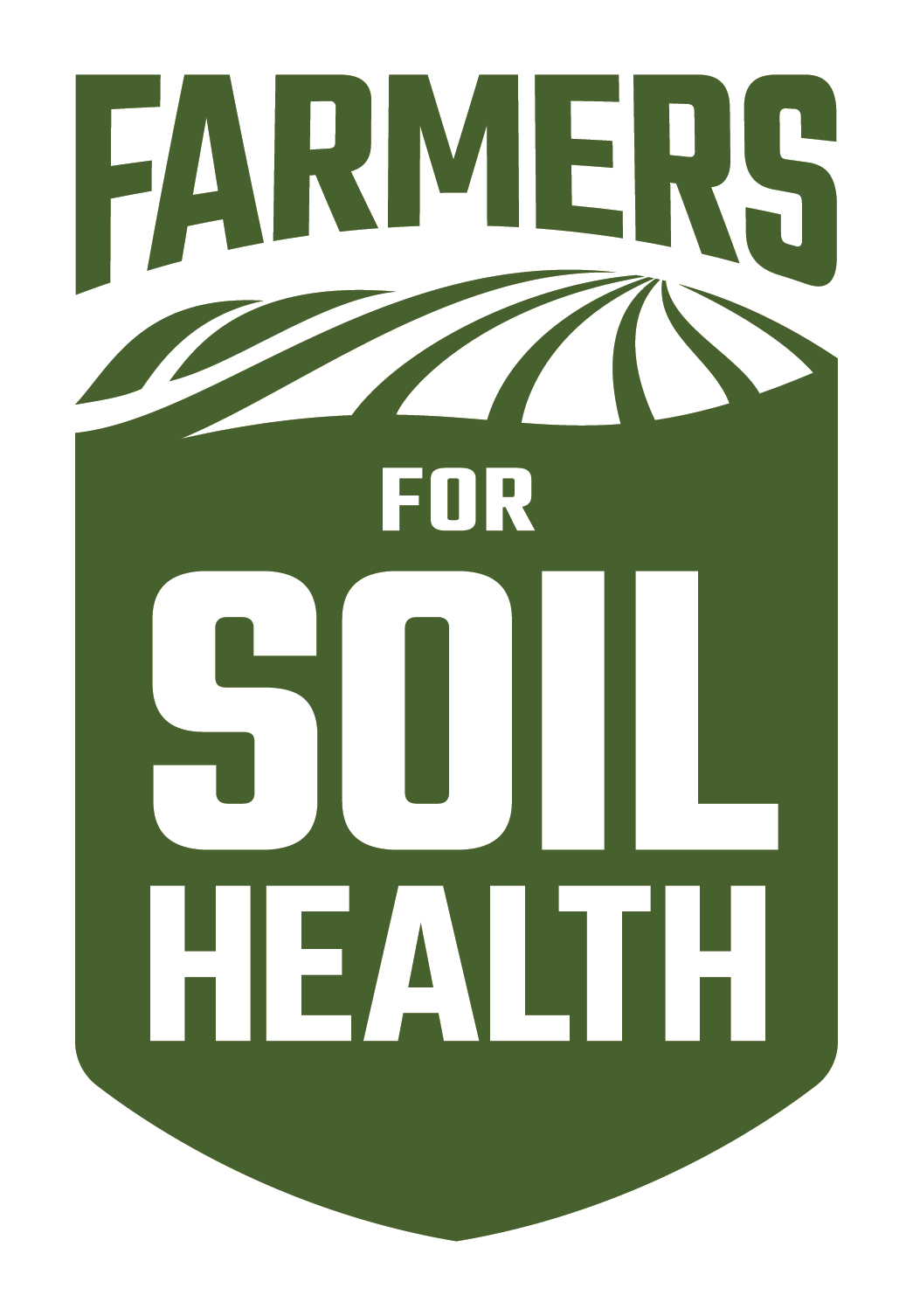About Farmers for Soil Health
The Soy Checkoff, Pork Checkoff, and National Corn Growers Association lead Farmers for Soil Health, which advances the use of soil health practices like cover crops to help improve farmer profitability.

We aim to improve soil health by encouraging farmers to expand their adoption of cover crops, to reach 30 million U.S. acres by 2030.
The U.S. Census of Agriculture currently estimates cover crops are used on only 6% of U.S. cropland.1
1 Census of Ag: Cover Crop Acres in U.S. Growing 8% Per Year. Cover Crop Strategies. April 16, 2019.
Farmer-Led Collaboration
With special support from National Fish and Wildlife Foundation, The Sustainability Consortium, National Association of Conservation Districts, University of Missouri’s Center for Regenerative Agriculture, National Center for Appropriate Technology’s ATTRA Sustainable Agriculture Program (NCAT-ATTRA), Walton Family Foundation, DTN, Soil Health Institute and USDA-NRCS.
Achieving Success
Farmers for Soil Health enables state commodity groups and other partners to assist farmers in implementing and maintaining soil health practices like cover crops through:
- Outreach, education and communication
- Financial assistance and cost-share opportunities
- Technical assistance
- Research to identify and address barriers to implementing soil health practices
Measuring Progress
Farmers for Soil Health will track progress through the following measures:
- Traceable metrics through a GIS mapping system and farmer audits
- Cover crop acres based on NASS Census of Agriculture data
- Soil loss based on National Resources Inventory data
- Carbon/greenhouse gas emissions, soil loss and water quality, which will be modeled by the Soil Health Institute

Sustainable Pork Production
Sustainable pork production is connected to sustainably-produced corn and soybeans — the two primary ingredients fed to pigs. Farmers have been committed to sustainability as frontline environmental stewards for generations. The partnership between pork, corn and soy farmers through Farmers for Soil Health is advancing the adoption of cover crops and conservation tillage in corn and soybean production to ultimately help pork producers reduce their environmental footprint — since corn and soy are primary ingredients fed to pigs — and improve farmer profitability.

Sustainability Blueprint
The Farmers for Soil Health Sustainability Blueprint outlines how farmers work together to improve the environmental footprint and efficiency of the pork feed supply.
The report features research and results from sustainability‑focused projects completed by Farmers for Soil Health member organizations, along with each organization’s sustainability goals.
